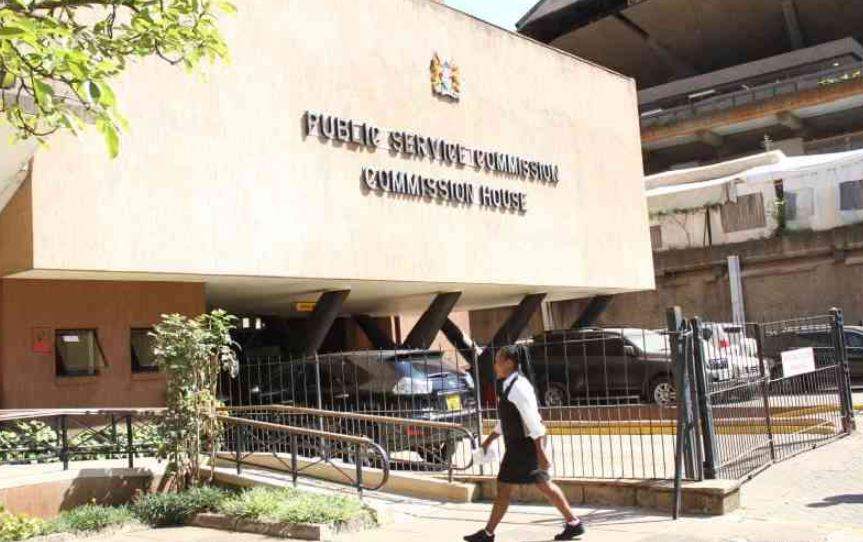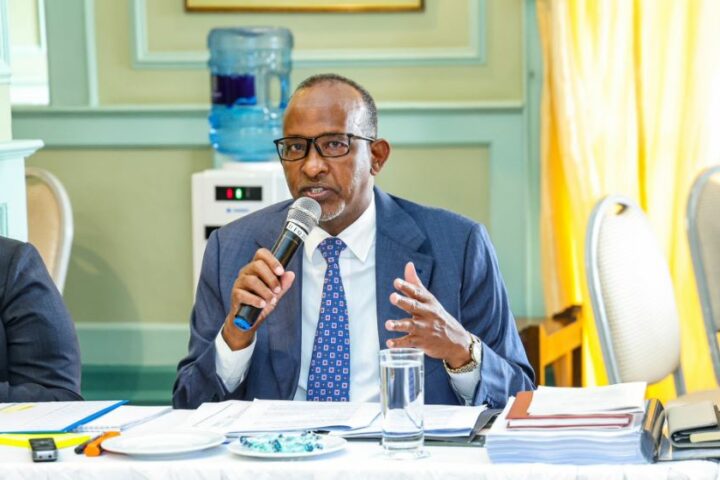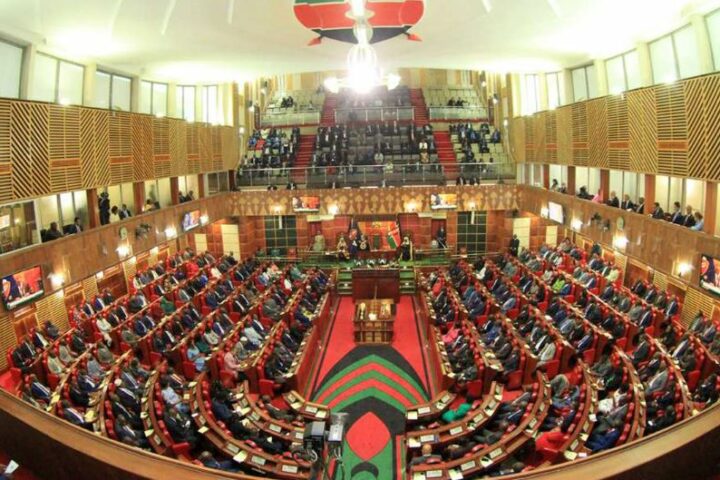 The National Treasury estimates that Kenya will need Ksh1.82 billion to develop and publicize regulations for cryptocurrency and digital tokens, a move aimed at combating tax evasion, fraud, and cybercrime amid the increasing use of digital assets.
The National Treasury estimates that Kenya will need Ksh1.82 billion to develop and publicize regulations for cryptocurrency and digital tokens, a move aimed at combating tax evasion, fraud, and cybercrime amid the increasing use of digital assets.
According to the Treasury’s Draft National Policy on Virtual Assets (VAs) and Virtual Asset Service Providers (VASPs), most of the funds will be allocated to creating comprehensive regulations. A Virtual Asset (VA) is a digital representation of value that can be traded, transferred, and used for payments or investments.
The implementation matrix reveals that Ksh800 million will be spent on developing a robust legal framework. This includes creating laws aligned with international standards, addressing anti-money laundering, combating terrorism financing, and adhering to counter-proliferation financing best practices.
IMF Pushes Ruto To Regulate Crypto
This regulatory push comes as the International Monetary Fund (IMF) urged President William Ruto’s administration to modernize Kenya’s cryptocurrency regulations to meet global standards. The IMF cited growing concerns over money laundering and terrorism financing linked to digital assets.
Between 2021 and 2022, the Kenya Revenue Authority (KRA) estimated that crypto transactions in the country totaled Ksh2.4 trillion.
In its January 9 report, the IMF highlighted that Kenya’s current regulations, designed for traditional financial markets, fail to adequately address crimes associated with digital currencies. The IMF recommended immediate action from the Capital Markets Authority (CMA) to close this regulatory gap.
IMF Recommendations
The IMF proposed a phased approach to developing a cryptocurrency regulatory framework:
Short-Term (6–12 Months):
- Conduct research to assess the risks of crypto assets.
- Train regulators and enhance capacity.
- Promote inter-agency cooperation.
Medium-Term (12–24 Months):
- Develop a legal and licensing framework for cryptocurrency operations.
- Strengthen regulations to ensure compliance and transparency.
- Collaborate with international regulators to address cross-border cryptocurrency risks.
The IMF stressed the need for clear legislative frameworks, specific definitions, and classifications of crypto assets, as well as ongoing market monitoring and consumer protection.








